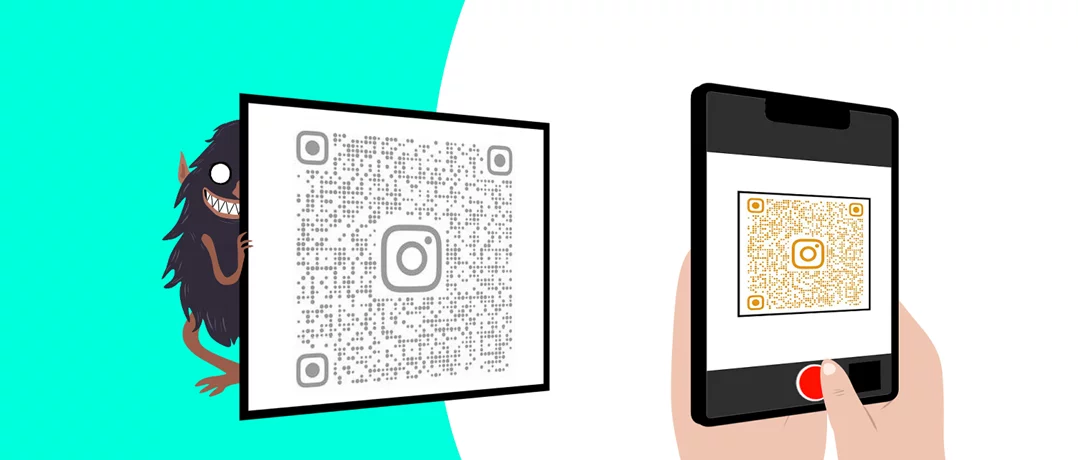Dubai’s “Scan Smart” campaign highlights the importance of safe scanning practices and digital vigilance to protect personal data.
Think before you scan: Inside the world of QR code scams
Think before you scan: Inside the world of QR code scams


What began as a pandemic convenience has now become an inseparable part of daily life. From café menus and airline boarding passes to parking meters and event tickets, QR codes have quietly embedded themselves into our routines. Yet behind those simple black-and-white squares lies a fast-growing cyber threat: quishing, or QR phishing.
Cybercriminals are increasingly using deceptive QR codes to redirect users to counterfeit websites, steal login credentials, or install malware. Unlike suspicious email links, QR codes reveal nothing at a glance — making them one of the most stealthy and effective tools in modern cybercrime.
From convenience to vulnerability
QR codes were designed for efficiency, not security. A hacker can easily print and place a fake QR code over a legitimate one on a restaurant table, a parking kiosk, a public sign, or a promotional poster.
With one quick scan, users may unknowingly hand over personal data, banking information, or device access.
Unlike traditional phishing attempts, quishing hides in familiar, trusted spaces. And because the act of scanning has become automatic for many, users often do not pause to verify authenticity.
Dubai takes the lead
In response to the rising threat, the Dubai Electronic Security Center (DESC) launched the citywide “Scan Smart” campaign earlier this year, aiming to strengthen public awareness and promote safer digital habits.
The campaign engaged over 13,000 participants.
More than 30 cafés and restaurants partnered to display verified, secure QR practices.
DESC issued a business guide detailing how to safely integrate QR codes into printed materials and how to ensure links use secure HTTPS domains.
H.E. Yousuf Hamad Al Shaibani, Chief Executive of DESC, described the initiative as part of Dubai’s broader goal to remain “the safest city in cyberspace,” emphasizing that user awareness remains the first and strongest line of defense.
How to scan safely
Cybersecurity experts recommend a few practical habits to reduce the risk:
Scan only trusted sources such as official menus, receipts, and brand-verified materials.
Inspect the code: a sticker placed over another code, signs of tampering, or low-quality printing may be a warning sign.
Use a scanner that previews URLs before opening.
Check the link: ensure it begins with https:// and avoid clicking if the address looks unfamiliar or suspicious.
Keep your device updated, as security patches and antivirus tools help detect and block malicious sites.
These simple steps can drastically reduce exposure to cyber threats.
A culture of digital caution
The rise of quishing is a reminder that convenience often comes with risk. QR codes streamline daily interactions but their very simplicity also makes them vulnerable to misuse.
Building a digital culture of caution is essential. By recognizing potential risks and adopting mindful scanning habits, users can better protect their personal data and navigate the online world with confidence.
In today’s increasingly connected environment, vigilance remains our strongest defense.


